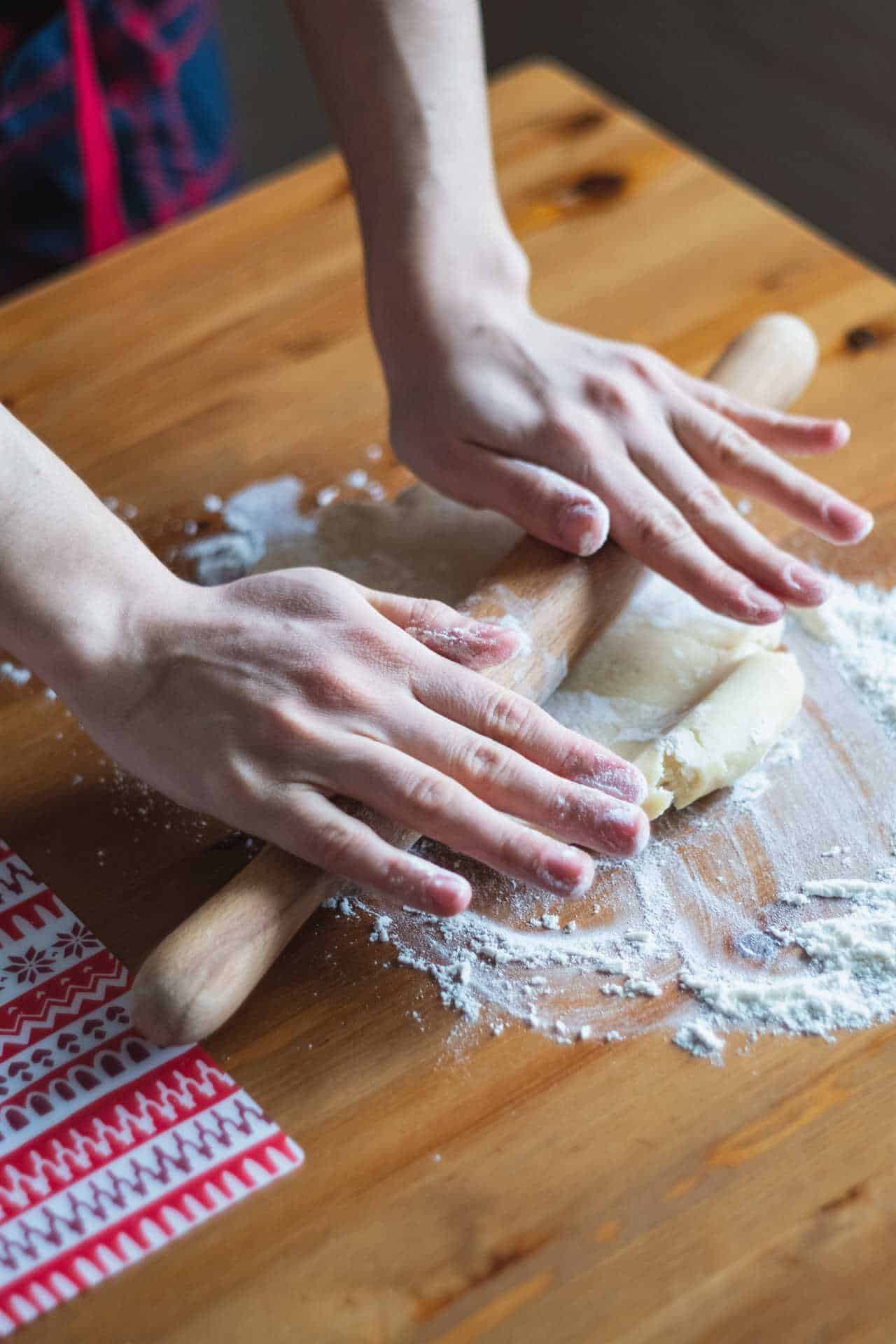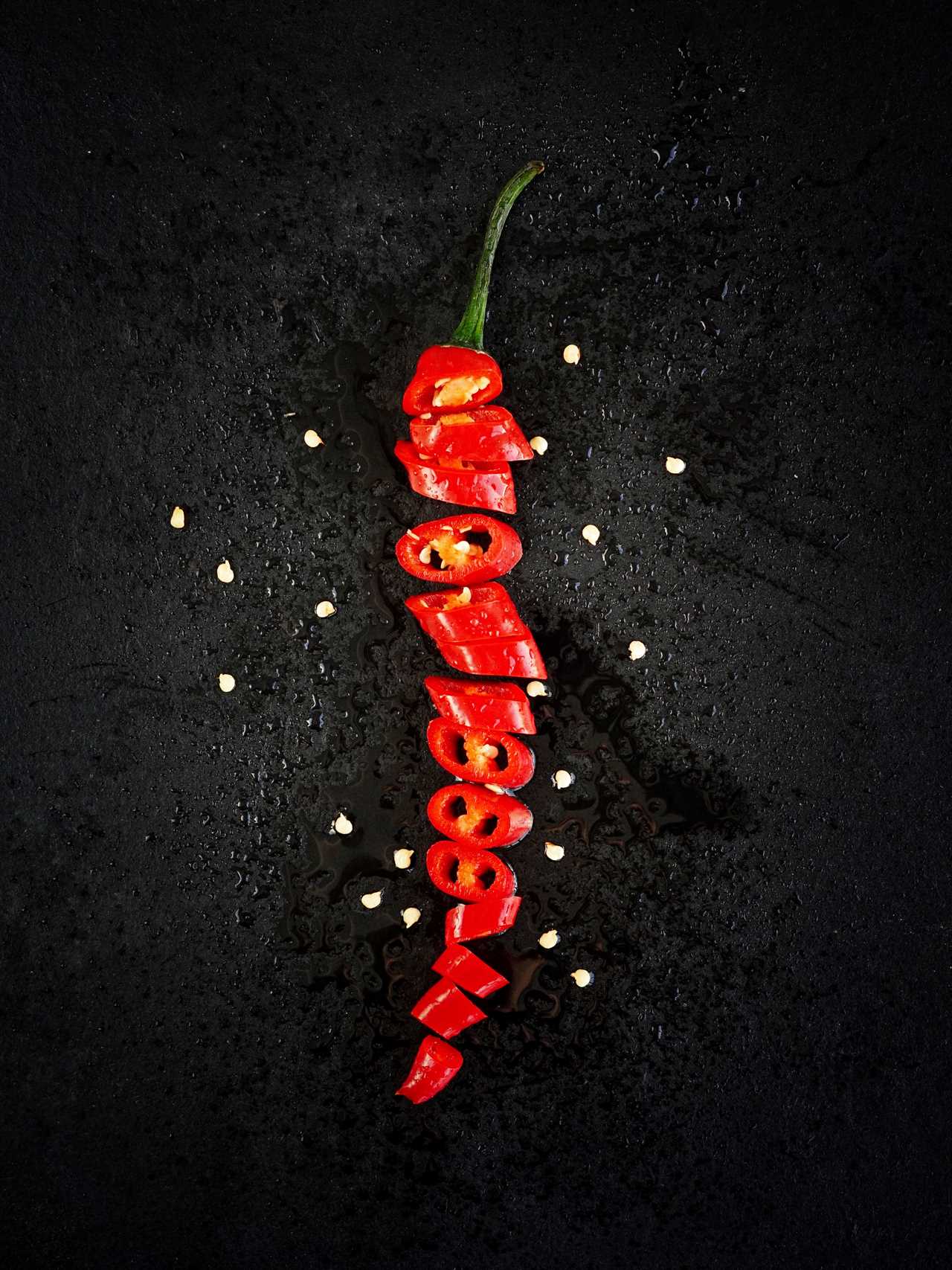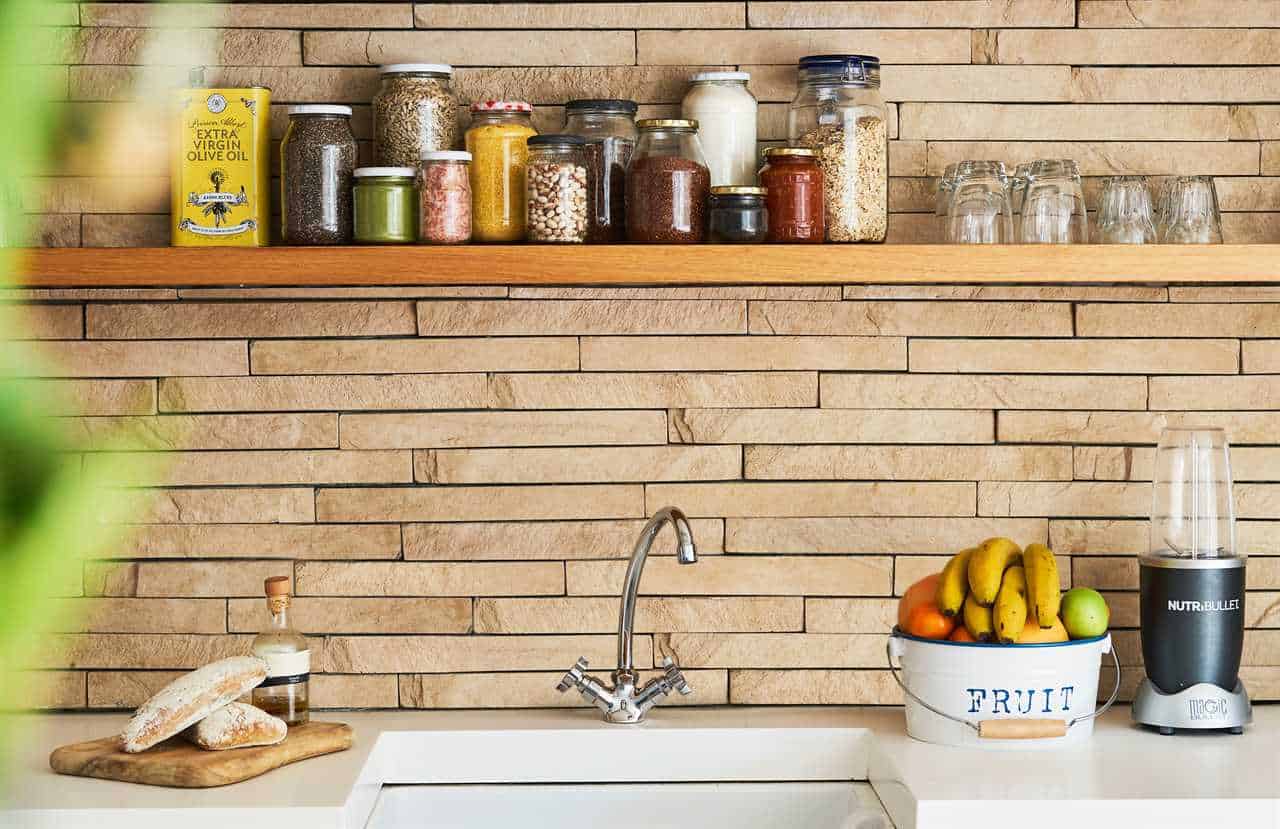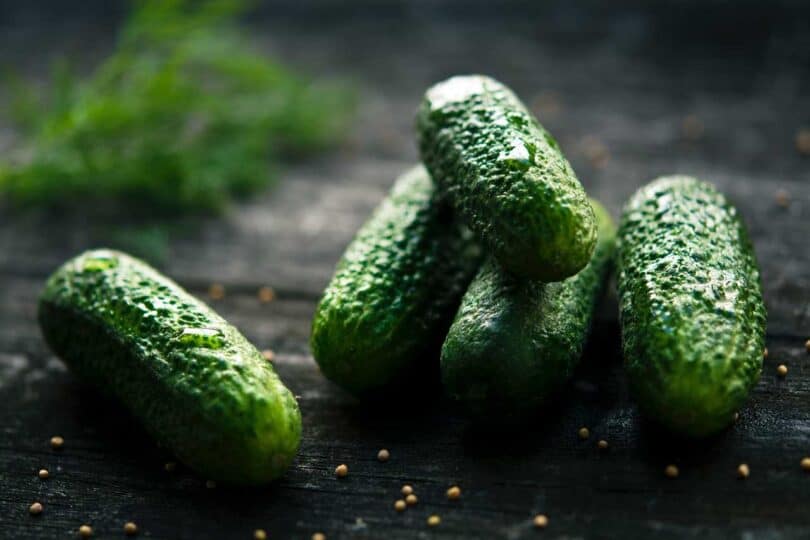Are you ready to take your cooking skills to the next level? Get ready to dive into the world of culinary mastery with the essential tips from pro chefs.
In this article, we’ll guide you through the secrets of becoming a better cook, from choosing the right tools and ingredients to cooking with your senses.
We’ll show you how to enhance flavors with seasonal ingredients, spices, and herbs, and how to strike the perfect balance with salt and acid.
With practice and experimentation, you’ll soon be cooking like a pro.

So let’s get started on your journey to culinary greatness.
Key Takeaways
- Sharpening knives for efficient cooking
- Prioritizing quality ingredients
- Reading recipes thoroughly before cooking
- Using the senses to assess the progress of a dish
Getting the Right Tools Ready
Make sure you sharpen your knives before cooking to ensure efficient and precise chopping.
Choosing the right knife for each task is crucial in achieving professional results in the kitchen. A chef’s knife is ideal for chopping and mincing, while a paring knife is suitable for peeling and delicate tasks. Additionally, a carving knife is essential for slicing roasts and bread.
Maintaining and organizing your kitchen tools is equally important. Keep your knives sharp and in good condition by regularly honing and sharpening them. Organize your tools in a way that allows easy access and efficient workflow during cooking.

Importance of Good Ingredients
When cooking, prioritize using fresh and high-quality ingredients to enhance the flavors of your dishes. Scouting for fresh produce is key in ensuring that you have the best ingredients to work with. Take the time to visit local markets or specialty stores that offer a wide selection of fresh fruits, vegetables, and other ingredients.
Understanding ingredient properties is also crucial in cooking. Each ingredient has its unique characteristics and knowing how they interact with each other can help you create harmonious and delicious dishes. Whether it’s understanding the sweetness of a ripe tomato or the earthiness of a fresh herb, being knowledgeable about ingredient properties allows you to make informed decisions and elevate your cooking to new heights.
Reading Before Cooking
Ensure you thoroughly read the recipe before starting to cook, as this will help you avoid any mistakes and ensure that you have all the necessary ingredients and tools organized and ready to go.
Understanding recipe measurements is crucial for achieving the right balance of flavors and textures in your dish. Take the time to familiarize yourself with different measurement units, such as teaspoons, tablespoons, cups, and ounces. This will allow you to accurately measure and combine ingredients.

Additionally, practicing time management in the kitchen is essential for a smooth cooking process. Plan ahead and estimate the time required for each step, from preparation to cooking and serving. This will help you stay organized and ensure that everything is ready on time.
Cooking With the Senses
Use your senses to determine if the ingredients are cooked properly throughout the cooking process. By using your senses, you can enhance flavors and ensure that your dish is cooked to perfection.
Taste, smell, and feel your dish as you cook, paying attention to the texture and doneness of the food. Sample tiny bites and sips to assess the progress of your dish. Understand how different ingredients combine to create flavors and adjust as needed.
Texture plays a crucial role in cooking, as it can elevate or detract from the overall experience of a dish. Pay attention to the consistency and texture of your food, making sure it is pleasing to the palate.

Cooking Seasonally
Experiment with a variety of seasonal ingredients to create fresh and flavorful dishes that will impress your dinner guests. By incorporating local produce, you can enhance the taste and quality of your meals while supporting your community. Seasonal ingredients not only add freshness and variety to your dishes, but they also provide an opportunity to experiment with different flavors. To help you get started, here are some examples of seasonal ingredients that you can incorporate into your cooking:
| Season | Ingredients |
|---|---|
| Spring | Asparagus, peas, strawberries, radishes, spinach |
| Summer | Tomatoes, corn, zucchini, watermelon, basil |
| Fall | Apples, butternut squash, Brussels sprouts, cranberries, sweet potatoes |
| Winter | Citrus fruits, kale, beets, leeks, pomegranates |
The Importance of Salt
Don’t underestimate the importance of salt in your cooking; it enhances flavors and brings out the taste of other ingredients. Balancing flavors is key to creating delicious dishes, and salt plays a crucial role in achieving that balance.
However, if you’re looking for salt alternatives, there are options available. Experiment with herbs and spices to add depth and complexity to your meals without relying solely on salt. For example, try using garlic powder, onion powder, or smoked paprika to enhance the flavors of your dishes. Fresh citrus juices or vinegars can also provide a tangy and bright note to your recipes.
Frequently Asked Questions
How Can I Choose the Best Knives for My Culinary Needs?
Choosing the right knives for your culinary needs is essential. Start by considering the types of tasks you’ll be performing in the kitchen. A chef’s knife is great for chopping and mincing, while a paring knife is perfect for peeling and delicate tasks. Don’t forget a carving knife for slicing roasts and bread.

Additionally, remember to care for your knives properly to keep them sharp. Regularly sharpening them and using a cutting board will help maintain their longevity.
What Are Some Common Mistakes to Avoid When Working With Ingredients?
When working with ingredients, it’s important to avoid common mistakes that can ruin your dish. Cross contamination and overcooking are two key pitfalls to watch out for.
Make sure to properly clean your kitchen to prevent cross contamination and keep your workspace organized.
Additionally, be mindful of cooking times and temperatures to avoid overcooking your ingredients.

How Can I Improve My Time Management Skills in the Kitchen?
To improve your time management skills in the kitchen, focus on time-saving techniques and efficient meal planning. Prioritize tasks and create a schedule to stay organized.
Prep ingredients ahead of time and use tools like slow cookers or pressure cookers for faster cooking. Utilize one-pot or sheet pan recipes to save on cleanup.
Additionally, meal prepping and batch cooking can save time throughout the week. By implementing these strategies, you can streamline your cooking process and make the most of your time in the kitchen.
What Are Some Tips for Enhancing the Flavors of My Dishes Without Using Excessive Sugar, Cream, or Salt?
Enhancing the flavors of your dishes without excessive sugar, cream, or salt can be achieved by using alternative seasonings and incorporating fresh herbs.

Experiment with a variety of spices and herbs to add depth and complexity to your dishes.
By understanding the balance of flavors and the role of salt in cooking, you can use it in moderation to bring out the taste of other ingredients.
Incorporating fresh herbs not only adds freshness but also enhances the overall taste of your dishes.
How Can I Properly Clean and Maintain My Kitchen Tools and Utensils?
Proper sanitization and storage techniques are essential for maintaining your kitchen tools and utensils. Start by thoroughly washing them with hot, soapy water after each use. Pay attention to hard-to-reach areas and use a brush if necessary. Rinse them well and dry completely to prevent rust or bacterial growth.

Store them in a clean and organized manner to avoid cross-contamination. Regularly inspect your tools for any signs of wear or damage, and replace them if needed.







